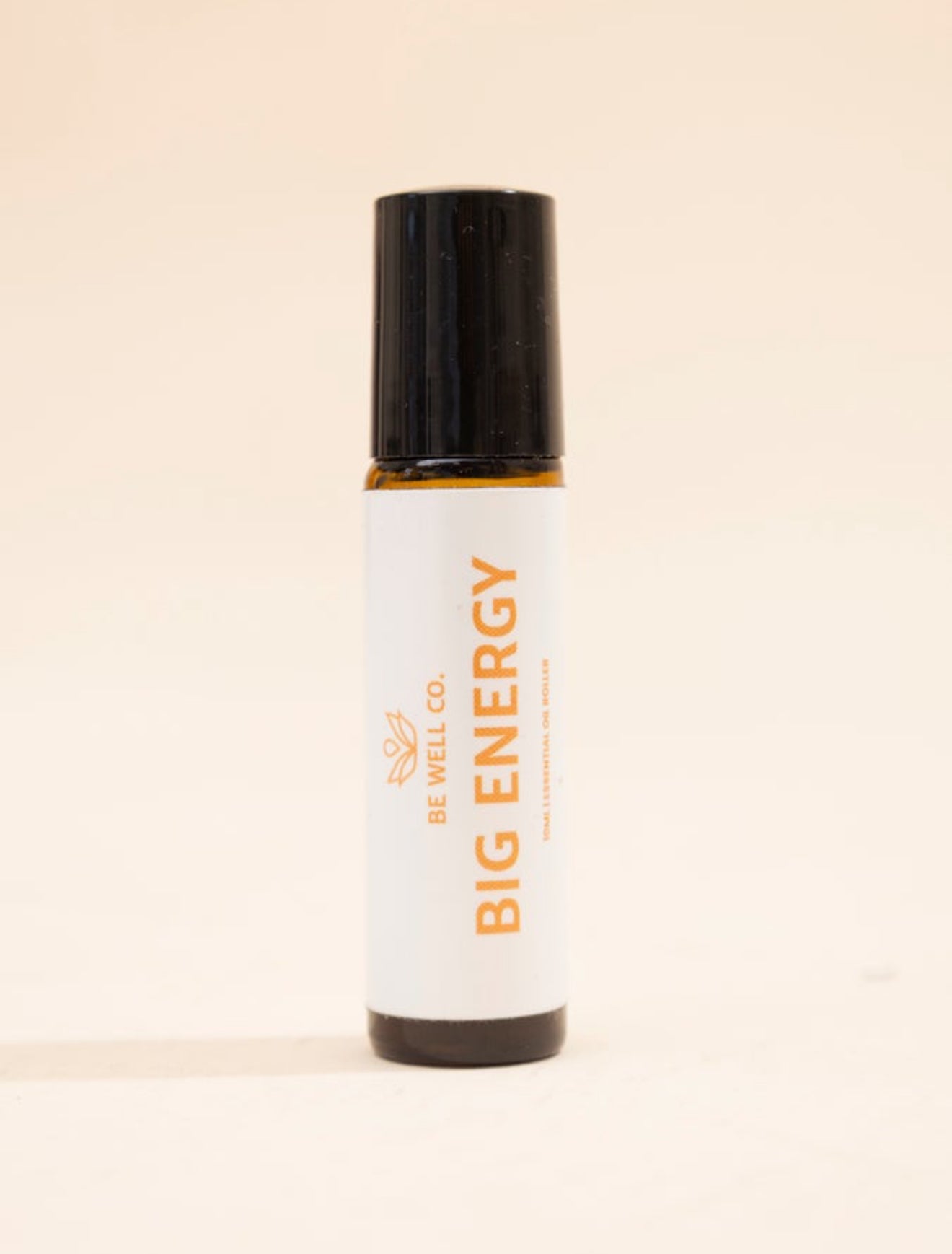
How to Build a Sustainable Self-Care Routine: Prioritizing Your Health and Well-being
Share
In today’s fast-paced world, self-care has become more important than ever. It’s a vital component for maintaining physical, mental, and emotional health. However, many people struggle with consistency and sustainability in their self-care routines. Busy schedules, stress, and the demands of everyday life often push self-care to the back burner. But taking care of yourself isn’t a luxury—it’s essential for living a balanced and healthy life. In this blog, we’ll explore why self-care is so important and how you can build a sustainable routine that fits into your lifestyle.
Why Self-Care is Essential for a Healthy Life
Self-care is much more than pampering or indulgence. It’s about nurturing your mind, body, and soul to improve your overall well-being. Consistent self-care has a positive impact on mental health, leading to reduced stress, anxiety, and depression. It also boosts productivity, as taking breaks and caring for yourself helps you recharge and maintain focus. When self-care becomes part of your daily routine, it helps prevent burnout and allows you to live more intentionally.
Research on Self-Care and Its Benefits
Studies have shown that regular self-care practices can improve mental clarity, reduce the risk of chronic diseases, and enhance emotional resilience. Whether it’s through mindfulness, physical activity, or social connection, self-care leads to a healthier, more balanced life. It creates the space to refuel, making you more effective in your personal and professional life.
Key Elements of a Sustainable Self-Care Routine
Building a sustainable self-care routine means creating practices that nourish you in a balanced way. Here are three essential areas of self-care to consider:
1. Physical Care
- Sleep: Quality sleep is the foundation of good health. Aim for 7-9 hours of restful sleep each night to support cognitive function and physical recovery.
- Exercise: Regular movement boosts your mood, energy levels, and overall health. Find an activity you enjoy, whether it’s walking, yoga, or strength training, and incorporate it into your routine.
- Nutrition: A balanced diet rich in whole foods fuels your body. Prioritize nutrient-dense meals and stay hydrated to keep your body functioning at its best.
2. Emotional Care
- Journaling: Writing down your thoughts and feelings can help you process emotions and gain clarity on what’s happening in your life.
- Mindfulness: Practicing mindfulness through meditation or deep breathing helps manage stress and keeps you grounded in the present moment.
- Social Connections: Building and maintaining positive relationships provides emotional support. Make time to connect with loved ones regularly.
3. Spiritual Care
- Meditation: Meditation fosters inner peace and helps you reconnect with your inner self. It’s a powerful tool for cultivating mindfulness and reflection.
- Nature Walks: Spending time in nature reduces stress and anxiety. Taking regular walks outdoors allows you to slow down and appreciate the beauty around you.
- Reflection: Take time to reflect on your values, goals, and personal growth. Regular reflection helps you align your life with what truly matters.
How to Create a Self-Care Plan That Sticks
To build a self-care routine that lasts, it’s essential to set yourself up for success. Here are some strategies to make your self-care plan sustainable:
1. Start Small and Set Realistic Goals
You don’t need to overhaul your entire life overnight. Start with one or two self-care practices, such as 10 minutes of mindfulness each morning or taking a walk during lunch breaks. Gradually build on these habits, and celebrate small wins along the way.
2. Incorporate Self-Care into Your Daily Schedule
Make self-care non-negotiable by scheduling it into your day. Whether it’s a morning meditation or a nightly skincare routine, blocking out specific times for self-care ensures it becomes a habit. Treat it like any other important appointment.
3. Use Tools for Tracking Progress
Wellness apps, planners, or journals can help you track your self-care routine and stay consistent. Apps like Calm or Headspace offer guided meditation, while planners can keep you organized and motivated. Seeing your progress visually can boost your motivation to stick with your plan.
Overcoming Barriers to Self-Care
Life is busy, and it’s easy to let self-care fall by the wayside. Here are some tips to overcome common barriers:
1. Time Management and Making Self-Care a Priority
One of the biggest challenges is finding time for self-care. The key is to prioritize it. You may need to reallocate your time by cutting down on non-essential activities like excessive screen time or delegating tasks. Even 15 minutes a day can make a significant difference.
2. Dealing with Guilt or Feelings of Selfishness
Many people feel guilty for taking time for themselves, especially when they have family or work responsibilities. It’s important to remember that self-care is not selfish—it’s necessary. Taking care of yourself allows you to show up fully for others and prevents burnout.
Conclusion
Building a sustainable self-care routine is one of the most important investments you can make in your well-being. It nurtures your physical, emotional, and spiritual health, allowing you to thrive in all aspects of life. By starting small, being consistent, and overcoming common barriers, you can create a self-care plan that fits your lifestyle and brings lasting benefits. Remember, self-care is not a luxury—it’s a necessity for long-term health and happiness. Start today and prioritize yourself for a better, more balanced life.

